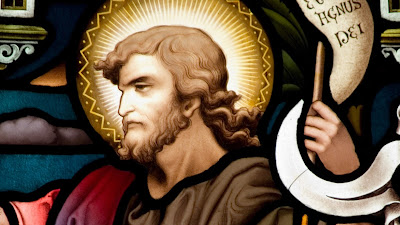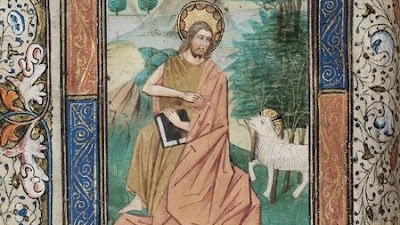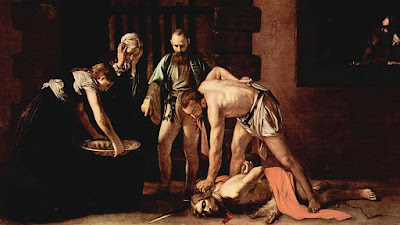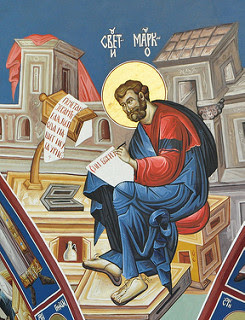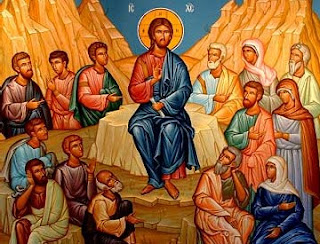Homily for Palm Sunday, March 28, 2021, Year B

Fr. René J. Butler, M.S. La Salette Missionaries of North America Hartford, Connecticut ( Click here for today’s readings ) There, you said it. You all said it. You all repeated it, six times, in the Responsorial Psalm. “My God, my God, why have you abandoned me?” In the Passion, Jesus’ words are translated, “Why have you forsaken me?” It’s the same. Maybe some of you even thought: “I’ve been there, I know what it’s like.” It is really hard to take this in. Did Jesus, of all people, really despair on the cross? We know he is quoting Psalm 22, composed when a distressed psalmist was desperately begging for God’s help. In Luke’s Gospel, the crucified Jesus quotes a different Psalm, number 31, also composed in a time of trial and persecution, but the verse he recites is of a totally different kind: “Into your hands I commend my spirit.” But today’s Passion is Mark’s; and he and Matthew have none of the other “Seven Last Words,” just the one we have heard and recited, the blea
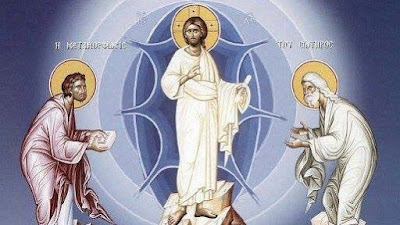
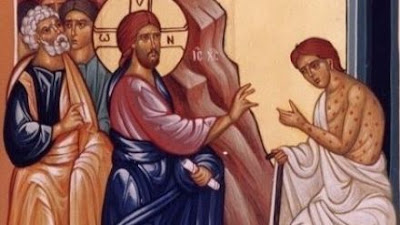
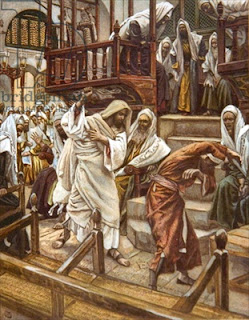
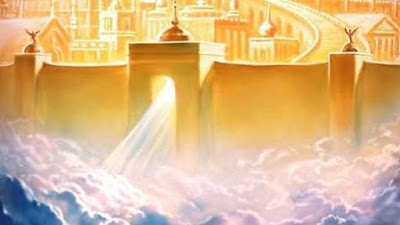

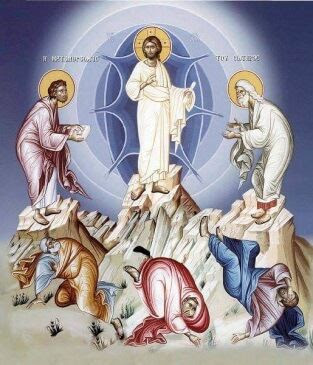

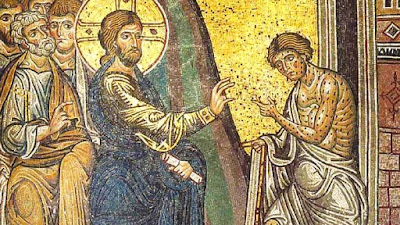
.jpg)
